Anthony Albanese: government will reject Indigenous voice advice if it disagrees
In an intense exchange, Anthony Albanese said his government would say no to the voice if it disagreed with its advice.
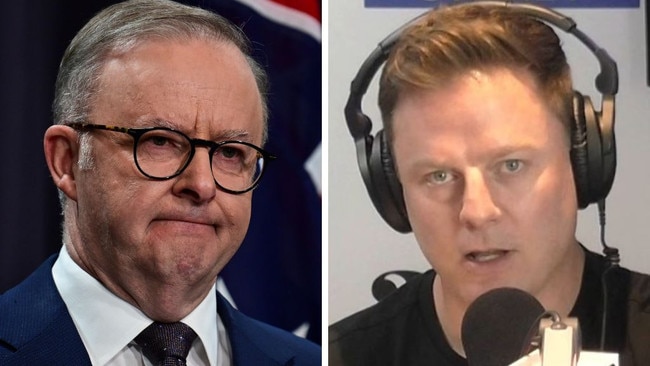
Anthony Albanese has declared an Indigenous voice to parliament is not about treaty or compensating Aboriginal people and says his government will absolutely reject its advice – including if it suggests changing Australia Day – if Labor disagrees.
In an intense and lengthy exchange with 2GB’s Ben Fordham, the Prime Minister also disagreed with claims made by prominent Yes campaigner Thomas Mayo on what the voice was about while insisting the advisory body wouldn’t be able to talk to the Reserve Bank of Australia.
One of the architects of the Uluru statement from the heart, Megan Davis, has said the voice will be able to speak to all parts of the government including the RBA.
“I can’t talk directly to the RBA board and I’m the Prime Minister,” Mr Albanese said.
“This is not about a treaty. This is the issue here, we’ve had a debate about things that aren’t happening rather than about things that are.
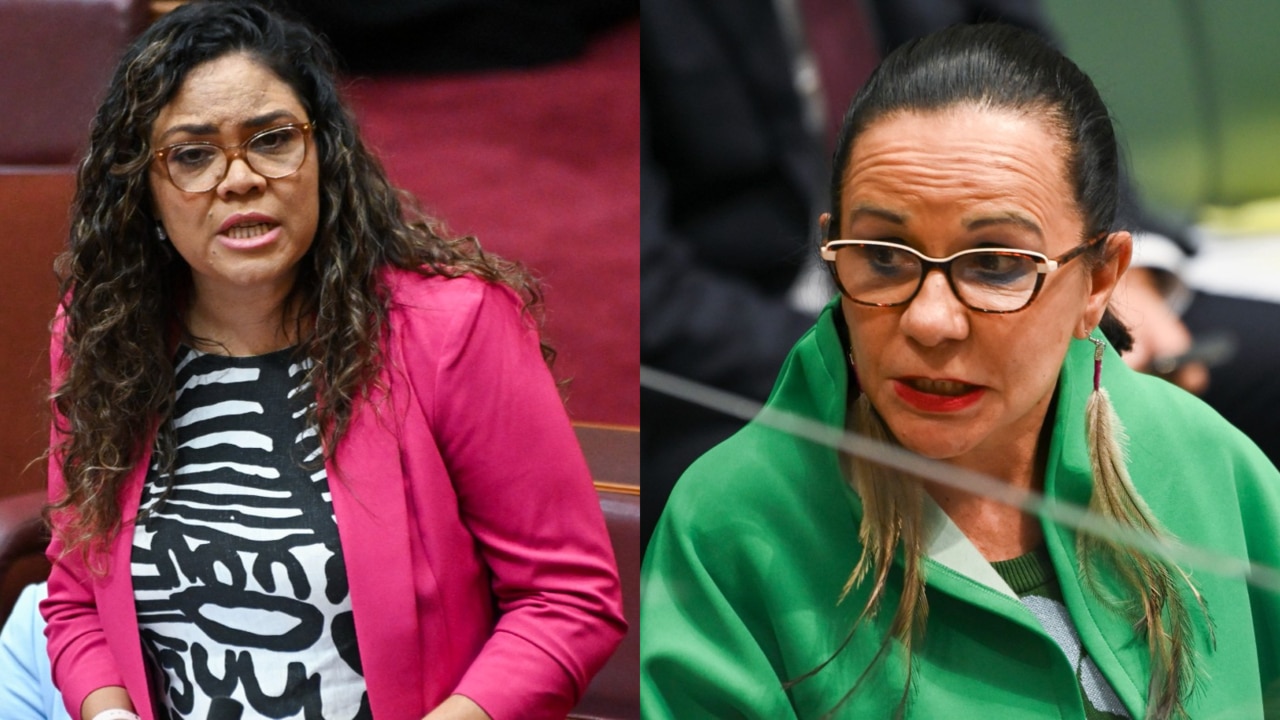
“Read the question, which you’re going to be asked about. It isn’t about anything else. It’s not about treaty, it’s not about compensation, it’s simply about listening in order to get better outcomes.”
In May, Mr Albanese said treaty and truth-telling would be “part of the next phase” if the referendum succeeded, with the voice able to talk about Makarrata. The Uluru statement called for a voice followed by a Makarrata Commission – to supervise treaties – and truth-telling.
When Fordham put various comments made by Mr Mayo to Mr Albanese about the voice, including that it could be used for reparations and compensation for Indigenous Australians, the Prime Minister said there would be no reparations.
“I disagree with that,” he said.
“People need to not raise red herrings. If this is successful and there’s a voice, it won’t have a right of veto. Get on board. You’re in a position to make a difference and to help it succeed, as are other people in the media, by talking about what’s it’s about, not by raising things that aren’t going to be relevant – what Thomas Mayo or any individual thinks.”
The Prime Minister conceded support for the voice was trending downwards but accused politicians and the media of focusing on “things this isn’t about”.
He dismissed the Coalition’s request to pursue constitutional recognition while legislating the voice, after Fordham described the proposal as a “win-win”.
“I’m a pragmatic guy but one of the things that has occurred here is that Indigenous Australians themselves, this hasn’t come from politicians, this hasn’t come from Canberra, Indigenous Australians have had a constitutional convention back in 2017 and they said they don’t just want the symbolism of recognition, they want something that will make a practical change to their lives,” Mr Albanese said.
“This isn’t about me. This is about Indigenous Australians and their request that they have made.
“One of the principles put forward and in the Yes pamphlet makes it very clear, the voice will not have the right of veto. Government decision stays the same. If people listen to some of the debate that’s gone on over the last few months, they don’t know that.
“They think that this is about creating special rights above everyone else. Now our system of government will not change. There won’t be someone sitting in the cabinet room. There won’t be someone who’s not elected sitting in the parliament.
“That’s why I say this is a modest request, this is just an opportunity to listen. The concern that Indigenous Australians have is about the practical outcomes of health and education and housing and incarceration rates. We need to do better.”
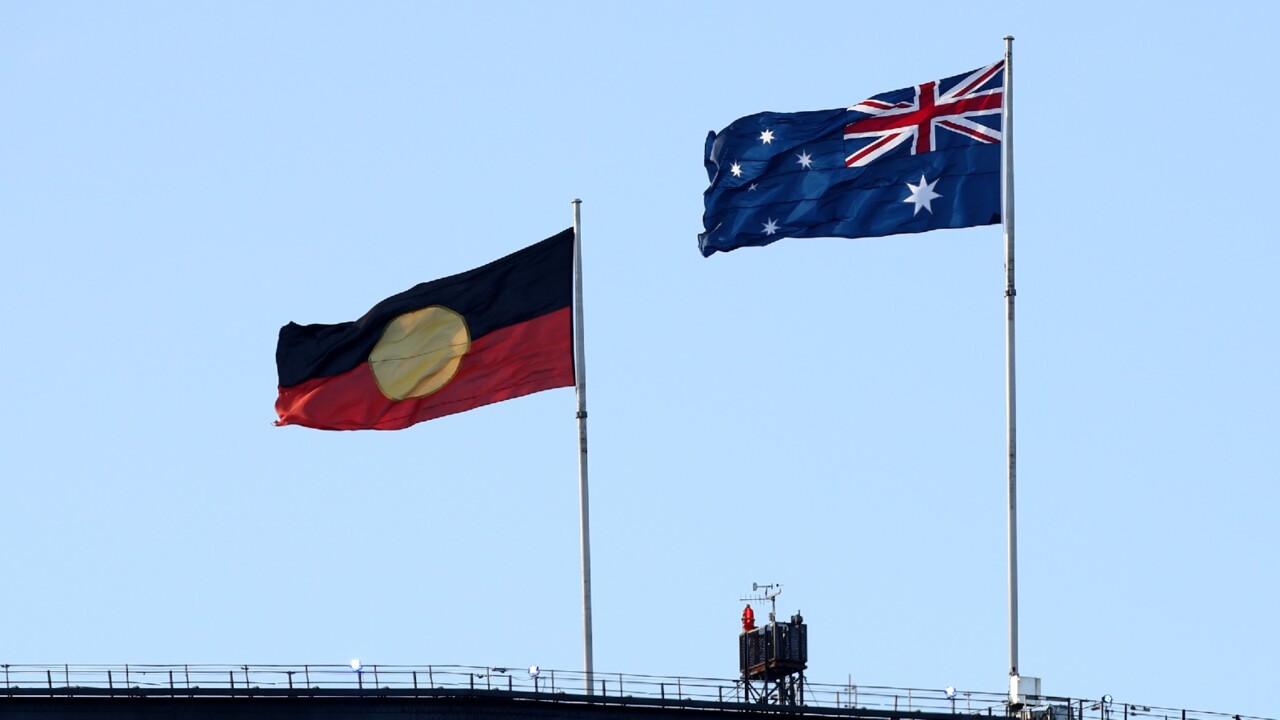
Mr Albanese again said his government had no plans to change Australia Day and it would “absolutely” say no to the voice if it made representations suggesting otherwise.
“Absolutely (we’ll say no),” he said.
“Of course we will, if we don’t agree with them, of course we will. As was made very clear by the wording that’s put forward is the parliament remains prime, supreme.”
Asked if enshrining the voice in the Constitution would put one group of Australians above all others, he responded: “Talking about Indigenous Australians having special rights ignores the fact that this is the most disadvantaged group in Australia.
“There’s an eight-year life expectancy gap, a greater chance of an Indigenous young male going to jail than going to university.”
Opposition treasury spokesman Angus Taylor accused Mr Albanese of making a number of misleading claims in the Fordham interview, saying the voice’s scope was broader than the government was making out.
“The truth of the matter is, if he restricts the voice, that can be challenged in the High Court,” Mr Taylor said.
“This is a very broad wording that we are voting on, which will give the voice capacity to intervene on a very broad range of matters, well beyond Indigenous affairs, and any attempt from the government to restrict that, of course, can be challenged in the High Court.
“The Prime Minister needs to be honest with Australians about the breadth of what is being proposed here.”


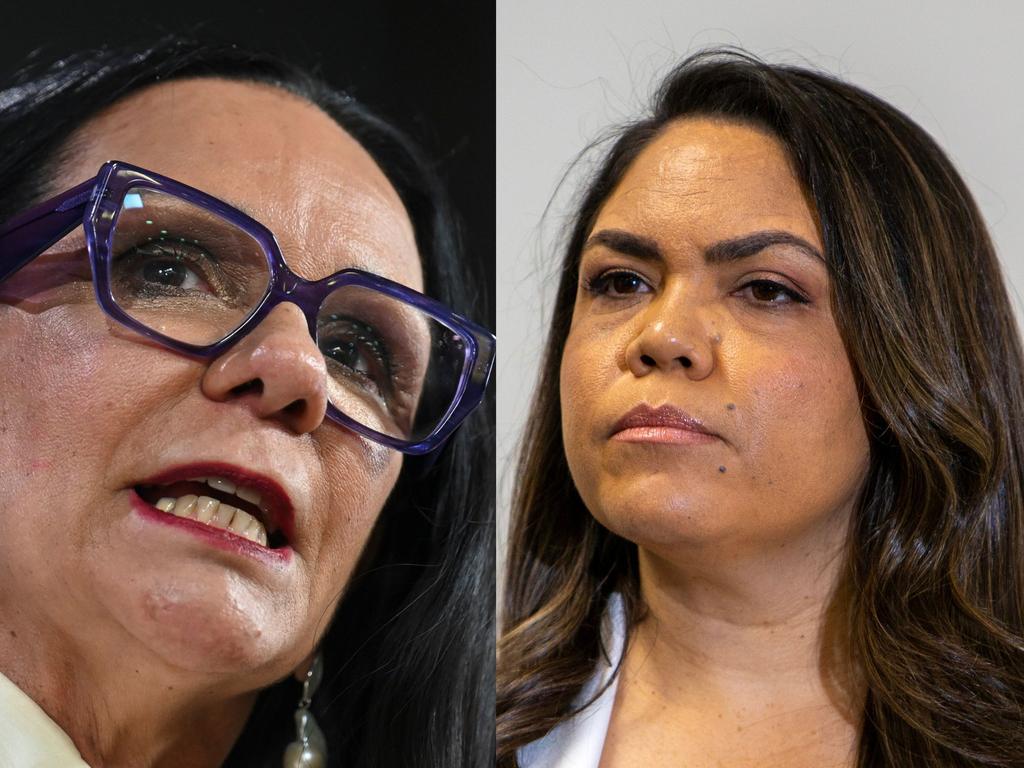

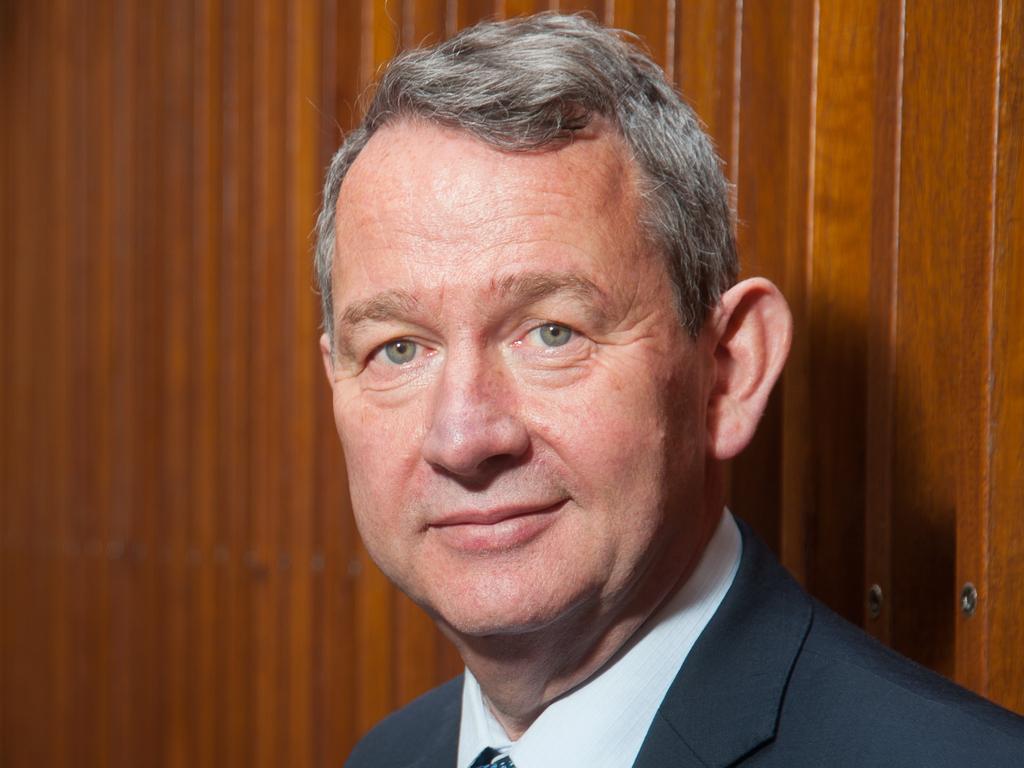
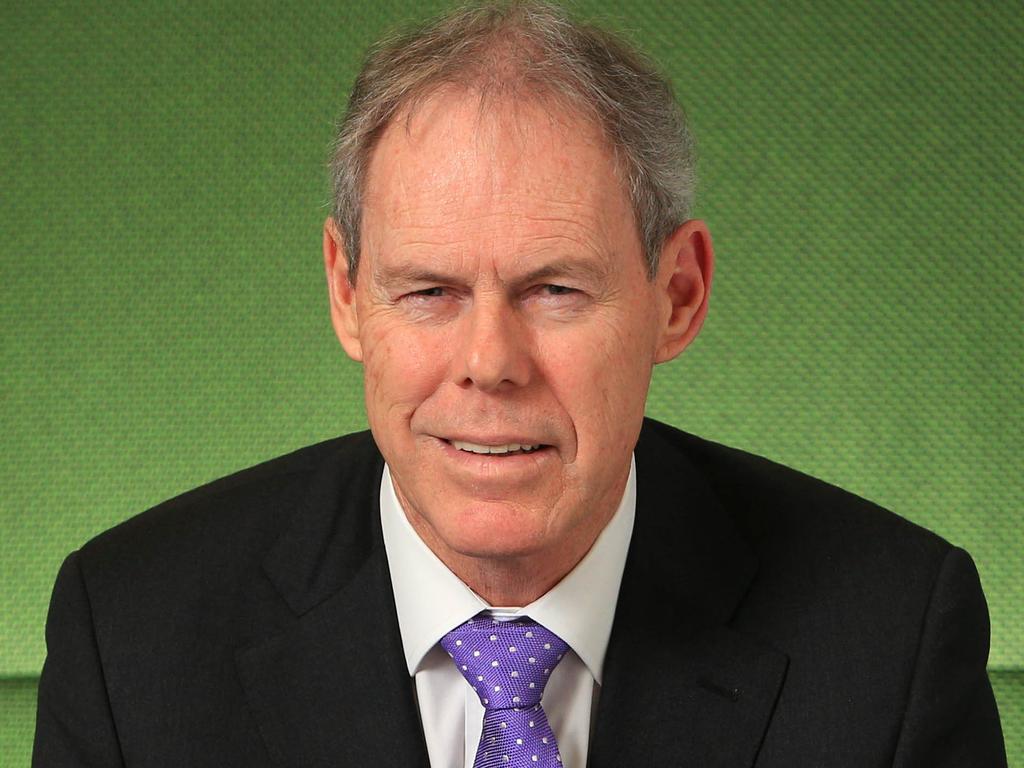
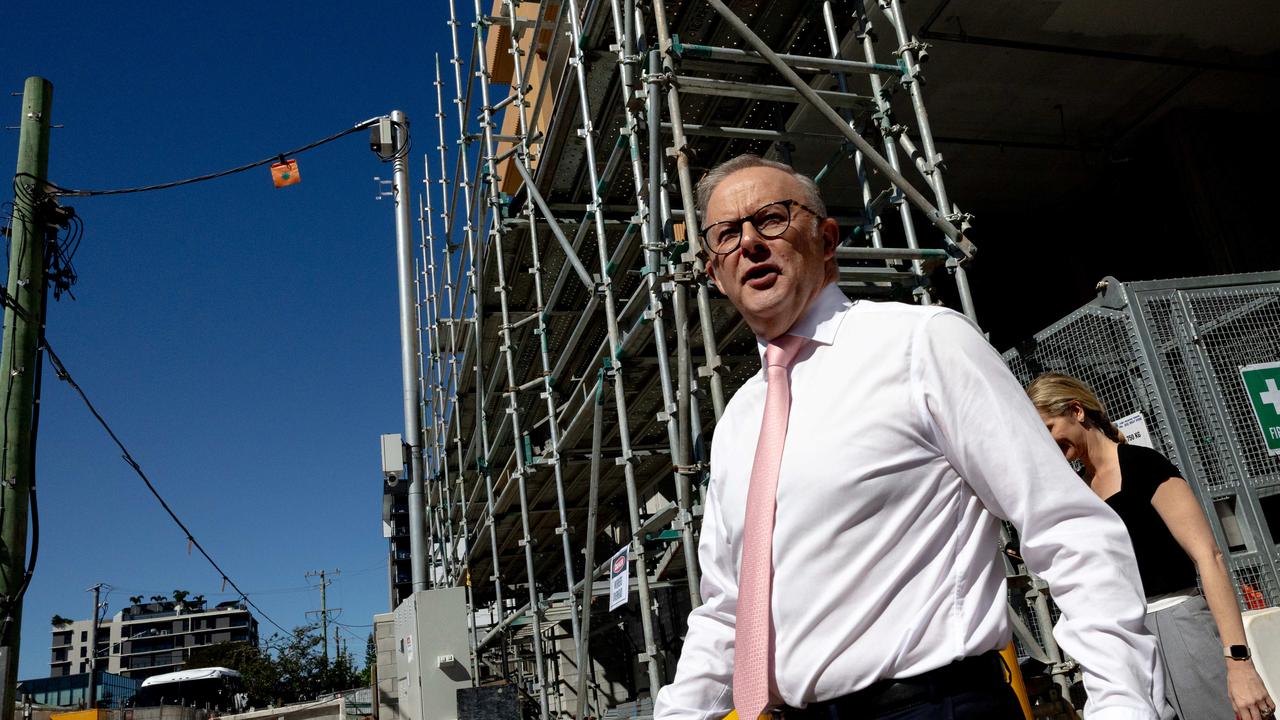
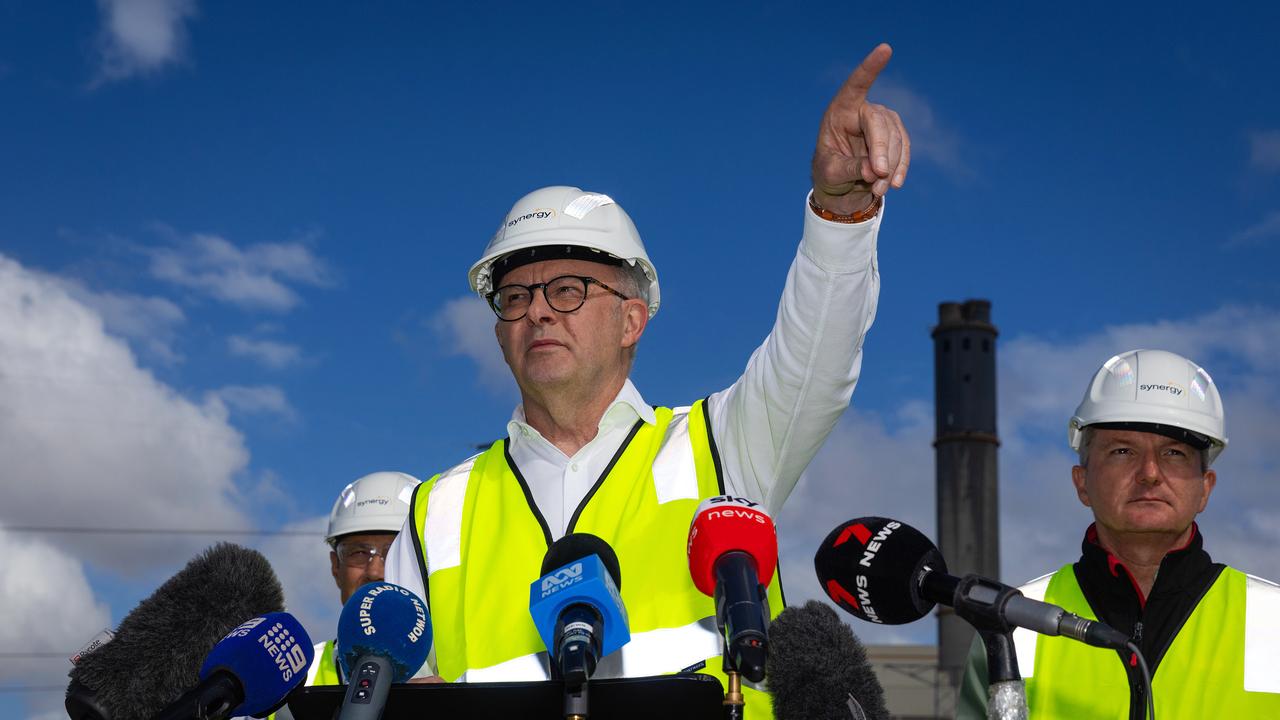
To join the conversation, please log in. Don't have an account? Register
Join the conversation, you are commenting as Logout